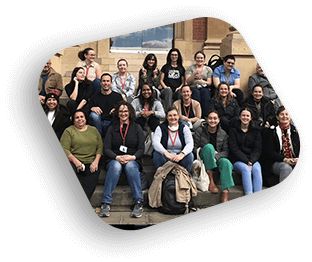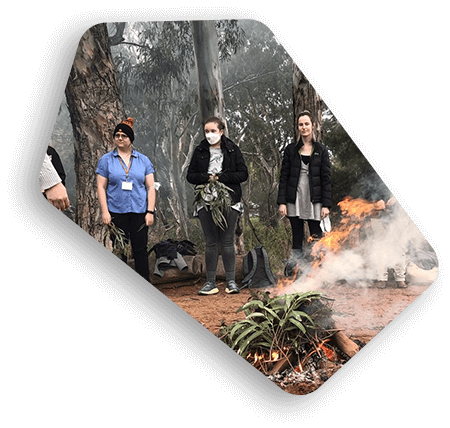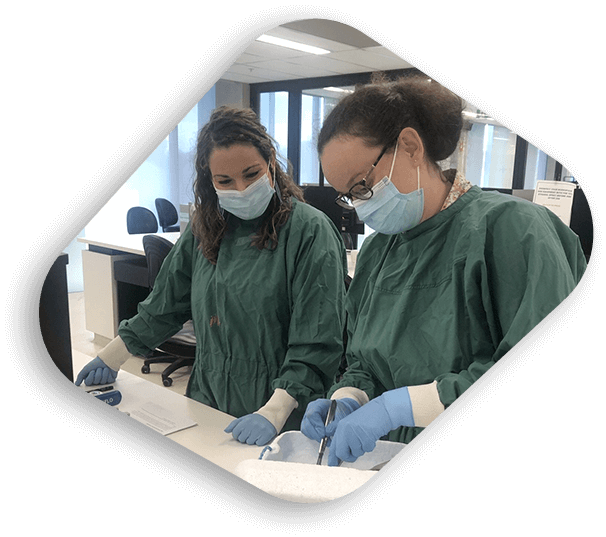SING Australia
Summer Internship for Indigenous Peoples in Genomics
- 21st to 25th of July 2025
- Gimuy/Cairns




Acknowledgement: The SING Australia Organising Committee respectfully acknowledge all Traditional Owners of the lands on which SING Australia 2025 will be held, and pay our respects to Elders past and present.







SING is a week-long workshop and mentoring program that covers technical and laboratory skills in genomics as well as theory, ethical and social implications of genomic research and the benefits and risks of genomics for Indigenous peoples.
Despite the importance of genomics for Indigenous people and communities, Indigenous people are currently underrepresented in this field.
SING aims to develop and support the next generation of Indigenous researchers and professionals to ensure that future genomic research is ethical and inclusive.
SING is a week-long workshop and mentoring program that covers technical and laboratory skills in genomics as well as theory, ethical and social implications of genomic research and the benefits and risks of genomics for Indigenous peoples. The SING initiative was developed in the United States in 2011 and has since inspired similar programs in Canada, Aotearoa New Zealand, Australia and Mexico.
Genomic research has the potential to bring benefits to Indigenous people and communities, but also has the potential to cause harm. Despite the importance of genomics for Indigenous people and communities, Indigenous people are currently underrepresented in this field. SING aims to develop and support the next generation of Indigenous researchers and professionals to ensure that future genomic research is ethical and inclusive.
We hope that attending SING will develop participants’ confidence with the scientific and ethical issues relating to genomic research that concerns Indigenous people and communities and empower them to move the field of Indigenous genomics in a positive direction. We also aim to develop a community of scholars and professionals who can continue to support each other and the goals of SING.
The goals of SING Australia are:
The first SING Australia workshop was held 10-16 November 2019 at the Deakin University Waurn Ponds Campus in Geelong, Victoria, Australia.
Genomics is the study of genomes, the complete set of genes or DNA belonging to an individual or group.
This is a powerful and rapidly advancing field of research that can be used to learn about health, history, and the environment.
Genomics may be of interest to people from diverse backgrounds (e.g. healthcare, research, conservation) and has many applications (e.g. medicine, ancestry testing, provenancing of human remains, biodiversity and conservation).

The SING Australia program is intended to be a multi-disciplinary experience. If you are interested in learning about and discussing genomic research and its implications for Indigenous people and communities, please apply.
Key goals of SING Australia include capacity-building for Indigenous people and facilitating the development and expression of Indigenous voices and perspectives on genomic research. As such, only applications from Indigenous individuals will be considered.
Existing knowledge of genetics and genomics is not required to participate in the workshop. Flights, accommodation, and all meals are provided for workshop participants.
In order to support community members and applicants with limited resources, if you are associated with an academic or research institution, please explore any alternative funding sources. We are happy to provide documentation and support as needed.